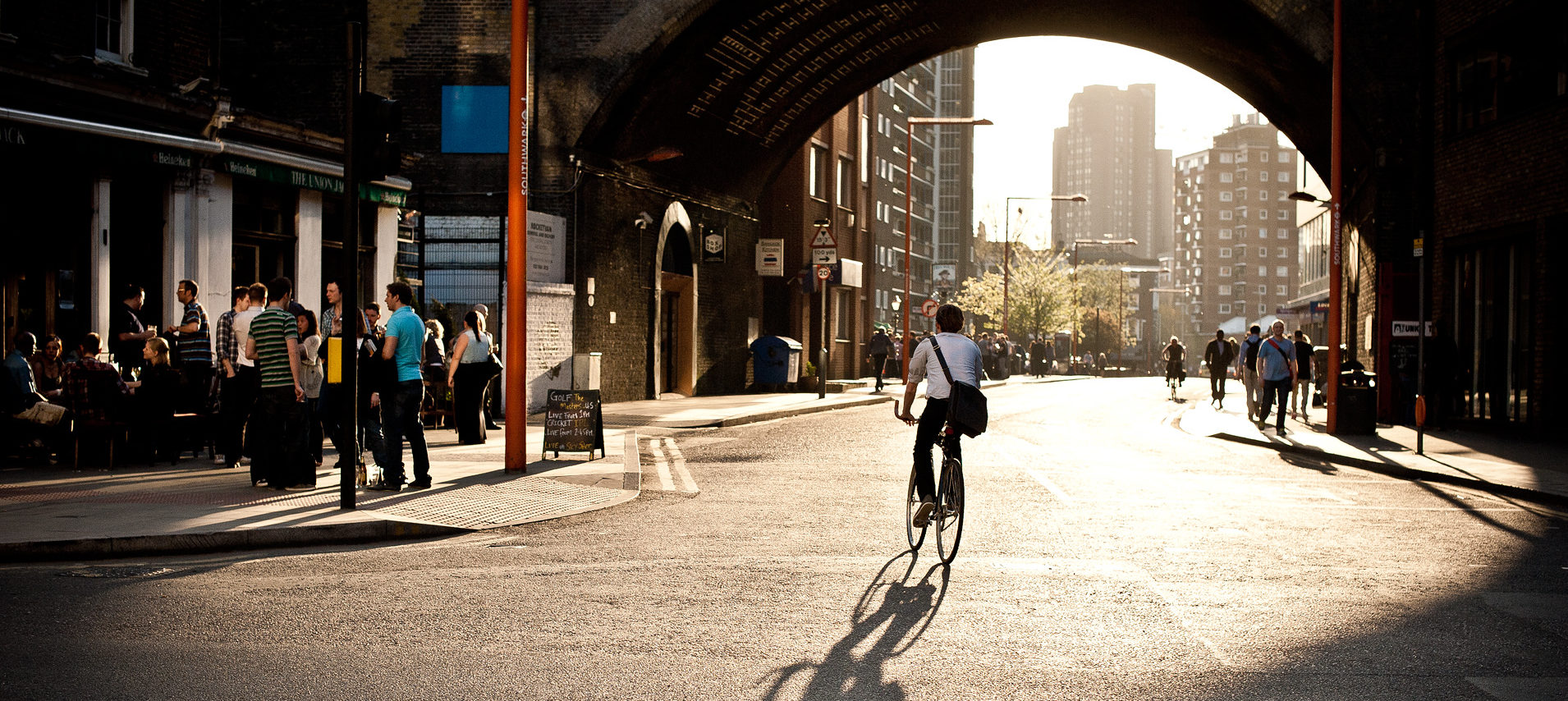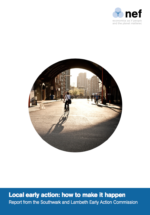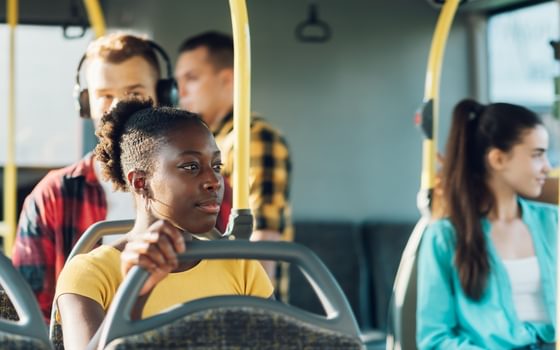Local early action: how to make it happen
Report from the Southwark and Lambeth Early Action Commission
16 November 2015
Many of our biggest societal challenges – from childhood obesity to violent crime – are preventable. The Southwark and Lambeth Early Action Commission aims to find ways of taking local early action to improve people’s quality of life and reduce the strain on public services.
Local authorities are under increasing pressure both to maintain essential services and to cut their spending.
A shift towards investing in upstream preventative measures, rather than spending downstream on treatment and care, is an effective use of public funds – particularly at a time when resources are severely restricted.
Southwark and Lambeth Councils recognise the potential benefits that a preventative approach can bring. In 2014 they set up the Southwark and Lambeth Early Action Commission to reduce demand for acute services and maintain wellbeing for all residents.

Image credit: Chris Guy via Flickr
The Commission has examined local conditions in Lambeth and Southwark, especially the immediate and underlying causes of pressing local problems, and what works best to prevent them. It has carried out a review of local strategy, policy and practice; explored more than 30 examples of good practice in the two boroughs and further afield; and engaged with local residents and community-based groups and with other experts, through workshops and interviews.
The underlying causes of most social problems can be traced to the same set of social and economic challenges. Some of these, such as poverty and inequality, are linked with national policy, making it hard to tackle them locally. But there are plenty of opportunities for local early action to prevent problems by improving local conditions and social relationships.
The Commission has identified four goals for early action in Southwark and Lambeth. These are designed to address problems as early on as possible and focus on what can be done locally in the context of extreme budgetary constraints.
To help achieve these goals it will be important to find additional resources.
- Resourceful communities, where residents and groups are agents of change, ready to shape the course of their own lives. To achieve this people need actual resources (but in the broadest sense), connections, and control.
- Preventative places, where the quality of neighbourhoods has a positive impact on how people feel and enables them to lead fulfilling lives and to help themselves and each other.
- Strong, collaborative partnerships, where organisations work together and share knowledge and power, fostering respectful, high-trust relationships based on a shared purpose.
- Systems geared to early action, where the culture, values, priorities, and practices of local institutions support early action as the new ‘normal’ way of working.
Topics Public services







